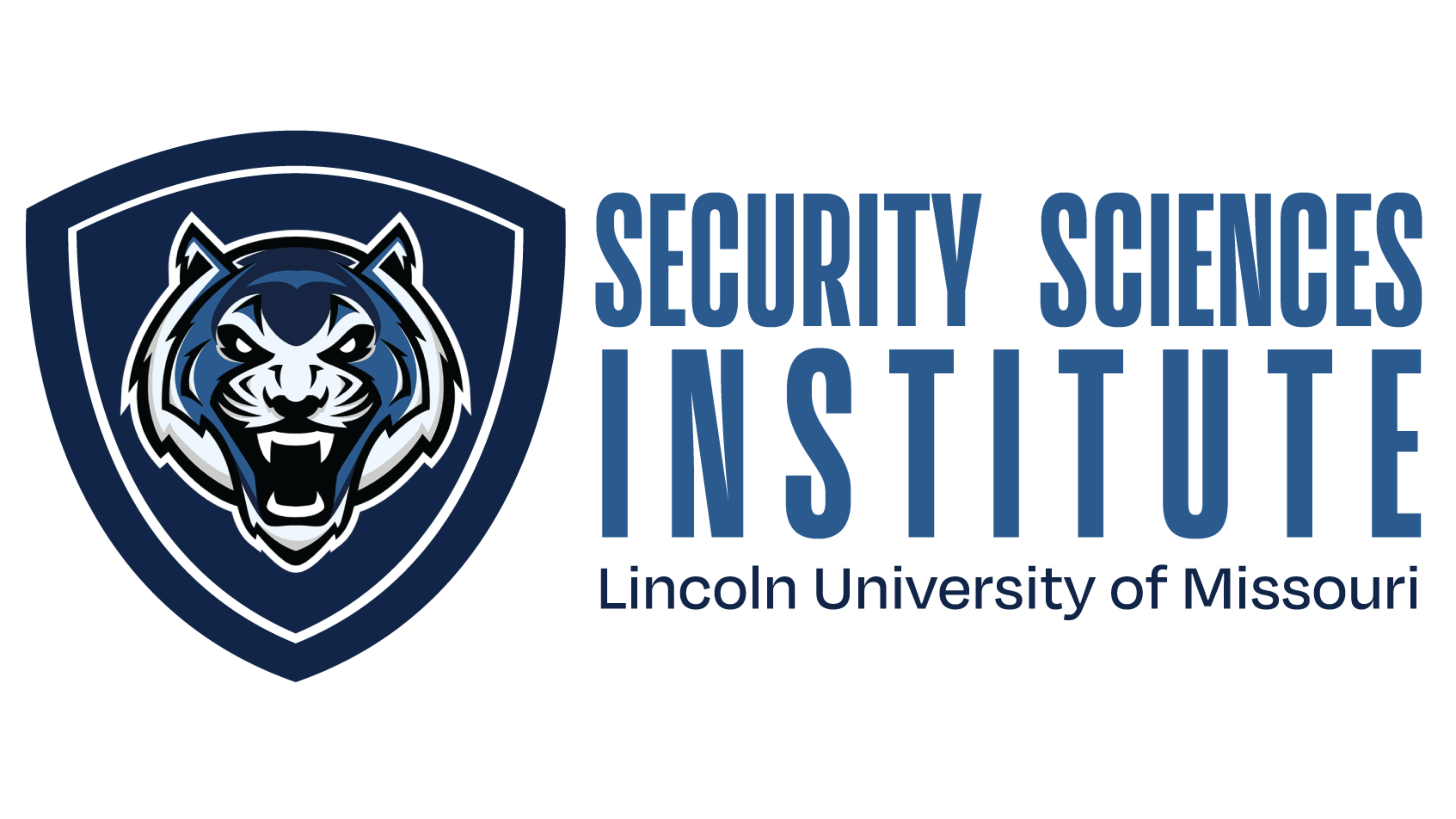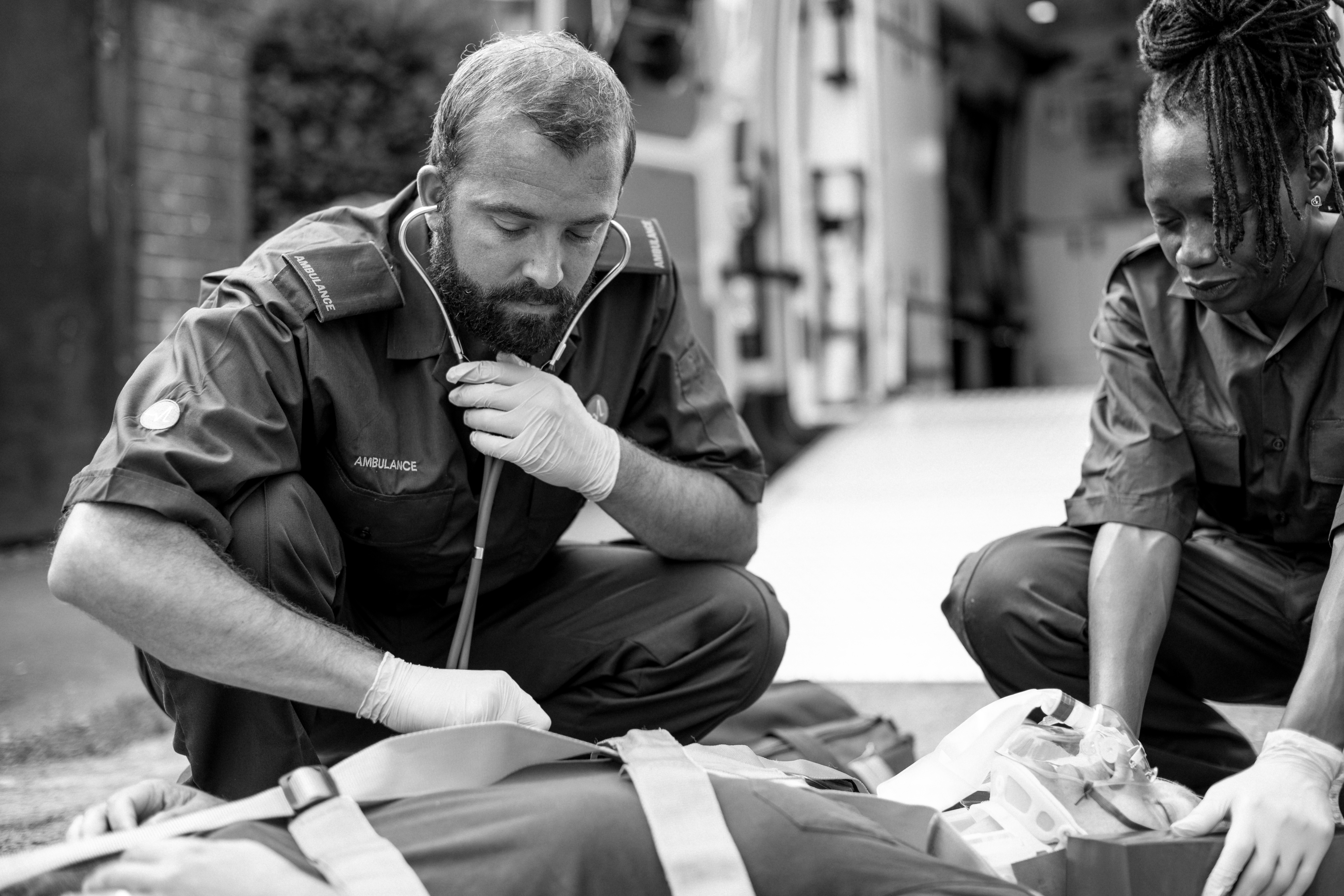
Mental Health for First Responders Certificate Program


Support Those Who Serve: Earn a Certificate in Mental Health for First Responders
100% Online |Designed to be completed in just one semester
Strengthen your ability to recognize and respond to mental health challenges among first responders. Lincoln University’s fully online certificate program provides essential training for those committed to supporting the mental well-being of emergency personnel.
GET STARTED TODAY
Complete the form below to request more information and learn how you can advance your skills with Lincoln University’s online Mental Health for First Responders Certificate.
Why Choose Lincoln University’s Mental Health for First Responders Certificate?
- Fully Online and Flexible – Study on your schedule, from anywhere
- Career-Relevant Skills – Focused training for real-world situations
- Specialized Curriculum – Tailored specifically to the unique needs of first responders
- Pathway to Growth – Enhance your professional qualifications and community impact


Why This Program Matters
First responders face higher risks of experiencing mental health challenges due to the demanding nature of their work. By building an understanding of stress, trauma, and crisis intervention, you can help promote healthier outcomes for those who protect and serve our communities every day.
This certificate program emphasizes awareness, prevention, and practical support strategies, empowering graduates to make a meaningful difference in the lives of first responders.
Program Overview
The Mental Health for First Responders Certificate is a 12-credit undergraduate program that prepares students to:
- Recognize mental health conditions common among first responders
- Understand the impact of trauma, critical incidents, and occupational stress
- Apply effective communication and intervention strategies
- Foster resilience and emotional well-being in high-stress professions
Courses
- MHFR201 Cultural Awareness & Trauma-Informed Approaches: This area focuses on understanding diverse cultural backgrounds and implementing trauma-informed care strategies to effectively support individuals from various communities.
- MHFR202 Family and Social Relationships: This area explores the dynamics of family systems and social relationships, emphasizing the importance of healthy interactions and communication within these structures.
- MHFR301 Psychological Disorders: Students will gain in-depth knowledge of various psychological disorders, their diagnoses, and treatment options, preparing them to address mental health challenges with competence and sensitivity.
- MHFR302 Resilience and Suicide Prevention: This area covers strategies for fostering resilience in individuals and communities, along with critical approaches to suicide prevention and intervention.
Each course is designed to blend foundational knowledge with practical skills applicable across public safety, healthcare, and counseling fields.
Requirements, Tuition, & Fees
Eligibility: This program is open to current and aspiring first responders, including EMTs, law enforcement officers, firefighters, and emergency managers.
Admission to LU: You must complete the general admission requirements for LU, including the following:
- Diploma: Graduation from high school or having the equivalent of a high school diploma, such as the General Education Development (GED) examination;
- Core Subjects: A minimum of a 2.0 GPA in core college prep classes (English, math, social sciences and science with a lab);
- Grade Average: A "C" average (however, in some cases, a student with a weaker academic record may be considered);
You will receive undergraduate credit upon completion of this program.
Tuition & Fees
- Tuition cost = $3,500 for 12 credit hours
- LU Online fees = $840

Who Should Enroll?
- First responders such as police officers, firefighters, EMTs, and paramedics
- Mental health professionals working with emergency personnel
- Social workers and public health officials
- Individuals interested in crisis intervention and trauma support